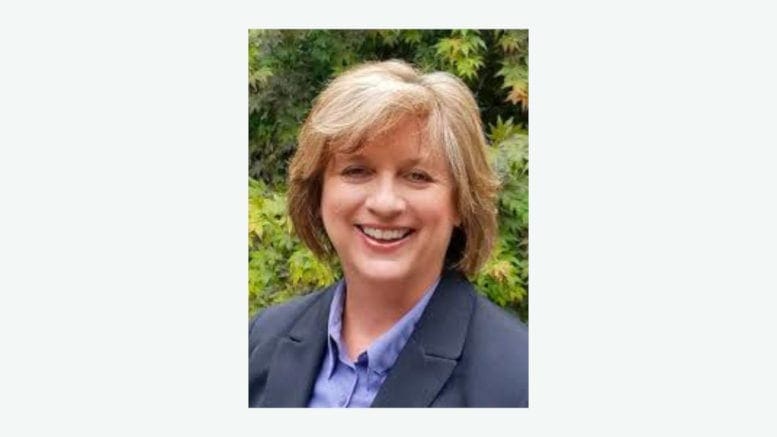By Melanie Dallas, LPC
In June we recognize Pride Month, but the ongoing mental health struggles of LGBTQ individuals in our country is nothing to be proud of. Although homosexuality and gender dysphoria are not mental health disorders, LGBTQ individuals are many times more likely to develop mental health disorders as well as suicidal ideation. Not only do gay and transgender individuals – especially youth – need more support, they need better access to mental health services.
If you’ve ever wondered what all those letters stand for, the fact is, human sexuality and gender identity – and how each individual experiences their own – can be quite diverse. LGBTQ encompasses lesbian, gay, bisexual, transgender and questioning or queer (sometimes both). You might also see an A, which can represent ally or asexual, and sometimes an I, intersex. In some cases, a + is added to recognize those whose gender identity is not described by one of the other letters, such as non-binary.
However, one thing many LGBTQ individuals have in common is mental health struggles. Whether a result of discrimination and trauma, or an unrelated history of mental illness, including familial predisposition, there is no definitive information about what leads to an increased likelihood of mental health struggles in the LGBTQ community. What we do know is that LGTBQ individuals often report much higher rates of mental illness.
According to the National Alliance on Mental Illness (NAMI), LGBTQ adults are more than twice as likely as heterosexual adults to experience a mental health condition. Transgender individuals are nearly four times as likely as cisgender individuals (people whose gender identity corresponds with their birth sex) to experience a mental health condition. Further, the annual prevalence of mental illness among US adults by demographic group is highest among lesbian, gay and bisexual individuals – 46.4% – more than twice the 22.6% rate of non-Hispanic white adults.
As troubling as these numbers are, they are even worse for LGBTQ youth. Mental Health America reports that LGBTQ teens are six times more likely to experience symptoms of depression and four times more likely to attempt suicide than heterosexual youth.
The Trevor Project, which provides crisis support to LGBTQ youth, last month released its 2022 National Survey of LGBTQ Youth Mental Health, a survey of more than 34,000 LGBTQ individuals ages 13 to 24. According to the survey:
- 45% of LGBTQ youth seriously considered attempting suicide, and 14% did attempt suicide in the past year.
- Rates of suicide attempts were generally higher among LGBTQ youth of color, and particularly among Native/Indigenous LGBTQ youth — 21% say they attempted suicide in the past year.
- 73% of LGBTQ youth reported experiencing symptoms of anxiety and 58% reported experiencing depression symptoms.
- 60% of LGBTQ youth who wanted mental health care in the past year were not able to get it.
Clearly, being a sexual minority or gender diverse can be difficult, and especially for youth as they work to forge their identity amid pressure to fit it. But there are also a growing number resources available to help anyone who is struggling with sexual and gender identity, gender dysphoria or the mental health problems that often result.
Highland Rivers is one of many local mental health agencies that can help, and our doors are open to everyone. Support groups also can be found in many of our communities, and there are several hotline and warm line resources for LGBTQ individuals of all ages:
- Trans Lifeline (877) 565-8860
- LGBT National Youth Talkline (800) 246-7743
- LGBT National Hotline (888) 843-4564
- Georgia Crisis and Access Line (800) 715-4225
- National Suicide Prevention Lifeline (800) 273-TALK (8255)
As we recognize Pride Month, let’s resolve to ensure that LGBTQ individuals of all ages have the support they need in their community, access to local mental health services, and the opportunity to live the identity which is most comfortable. That is something in which we could all take pride.
Melanie Dallas is a licensed professional counselor and CEO of Highland Rivers Behavioral Health, which provides treatment and recovery services for individuals with mental illness, substance use disorders, and intellectual and developmental disabilities in a 13-county region of northwest Georgia that includes Bartow, Cherokee, Cobb, Floyd, Fannin, Gilmer, Gordon, Haralson, Murray, Paulding, Pickens, Polk and Whitfield counties.
